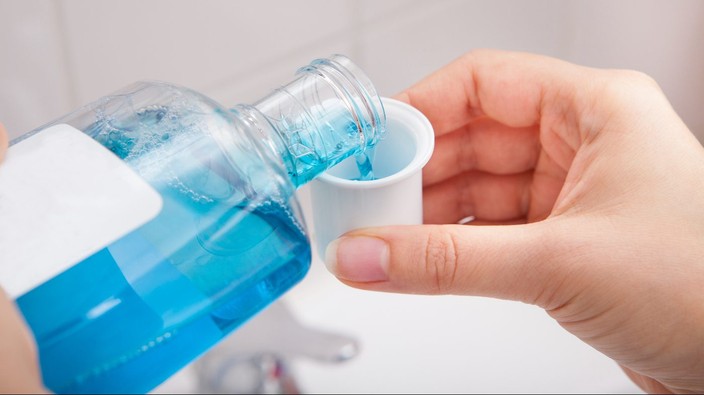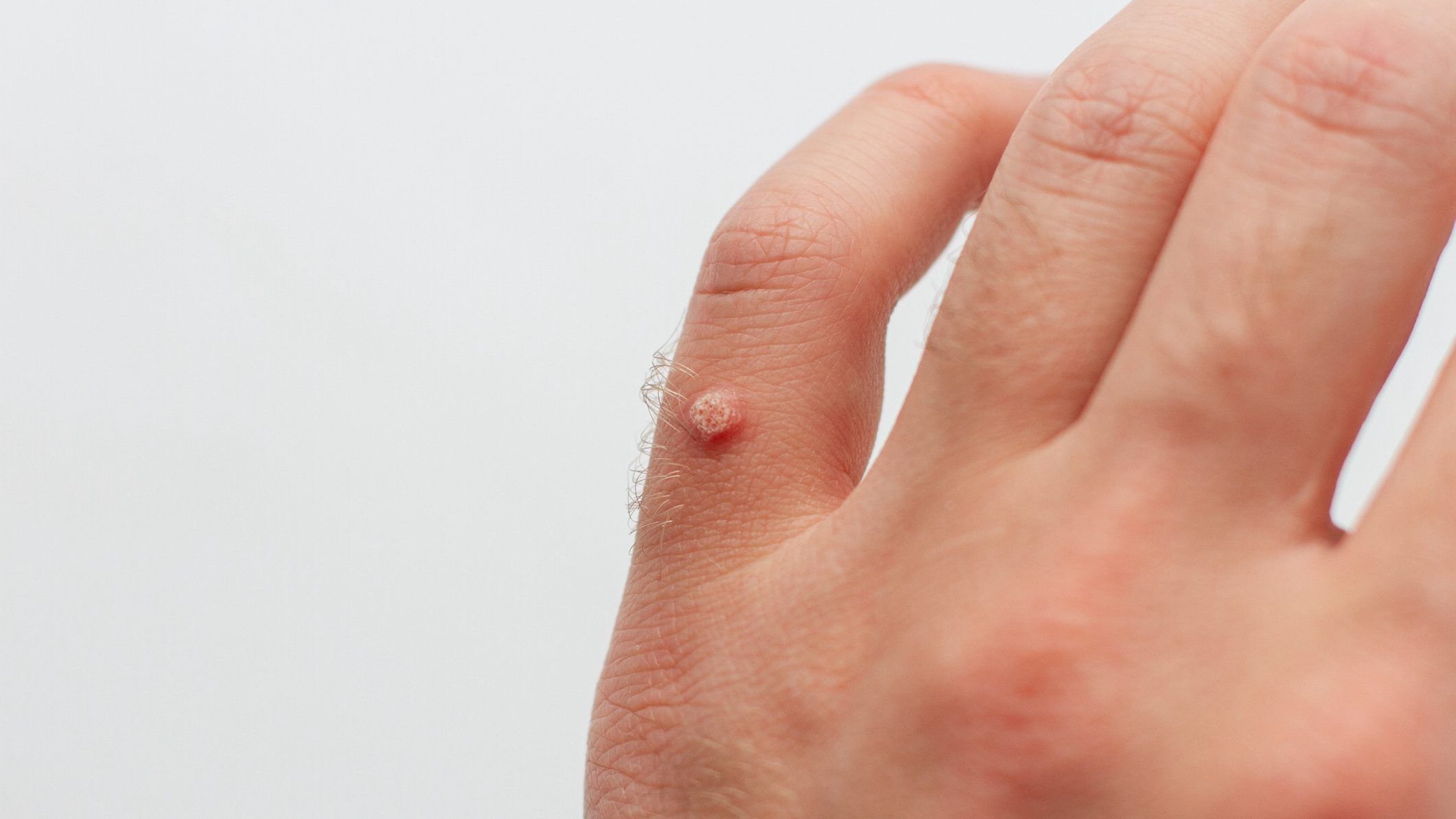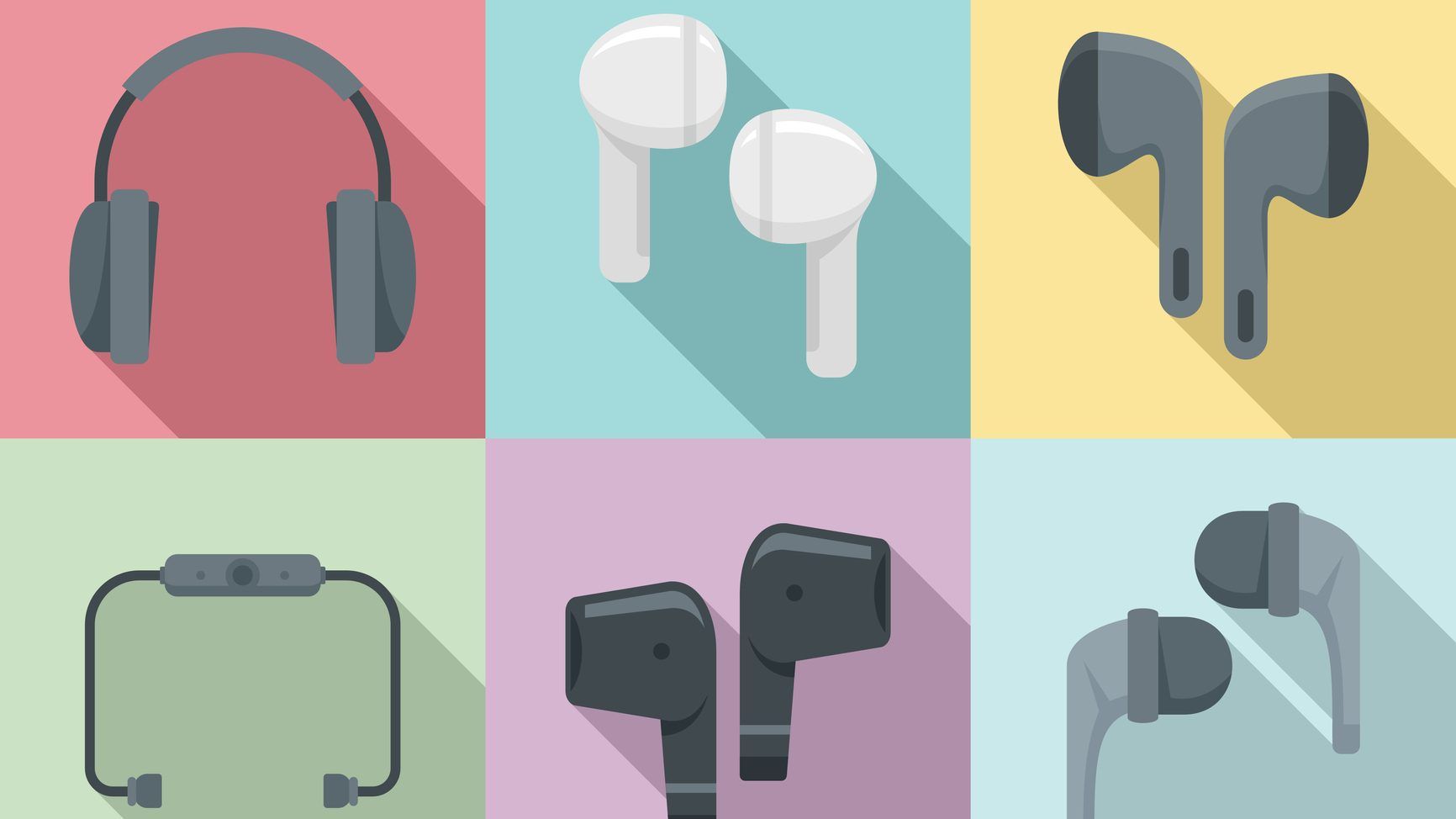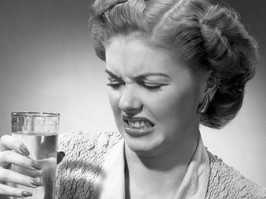asking for a friend: it's ok for a woman to shave her upper lip
when it comes to deciding whether to shave or wax, an expert who shaves her facial hair says that it all comes down to how sensitive your skin is.
asking for a friend: why do i keep getting warts?
warts aren't nice to look at, and you may find them annoying, but when it comes to prevention, there's not much you can do — some people are just more susceptible to warts than others.
asking for a friend: am i overusing my earbuds?
noise-cancelling headphones allow you to block out outside noise without necessarily pumping the volume up to unhealthy levels.
 3 minute read
3 minute read









